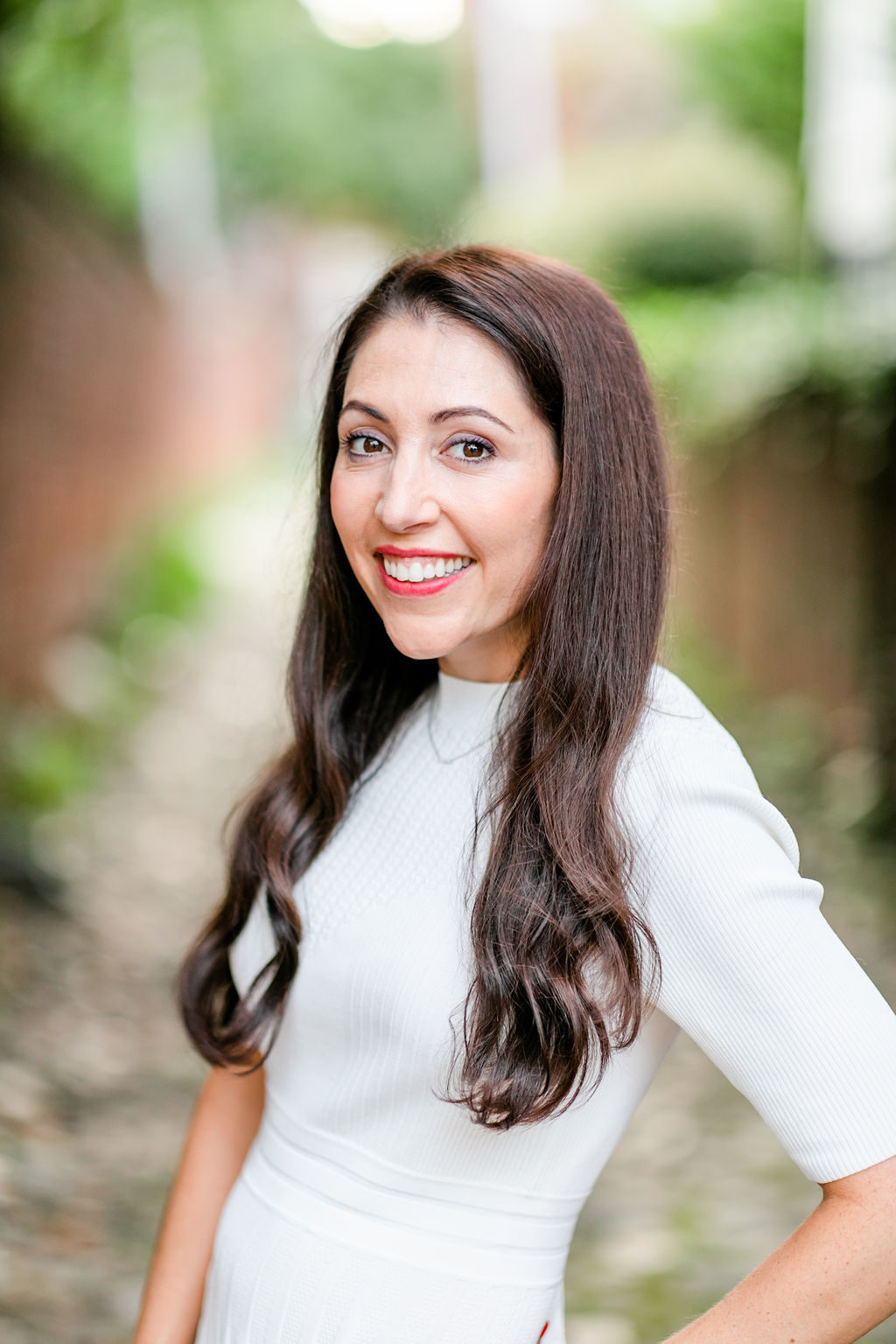Book round-up: what I’ve been reading lately
It’s been a long time since I’ve done a good ol’ fashioned book round-up on the blog. To be precise: it’s been eight months. Oops. As usual, I’ve read more books in eight months than can fairly be reviewed in one sitting, so I will sort them into my handy categories of Great Reads, Good Reads, […]
